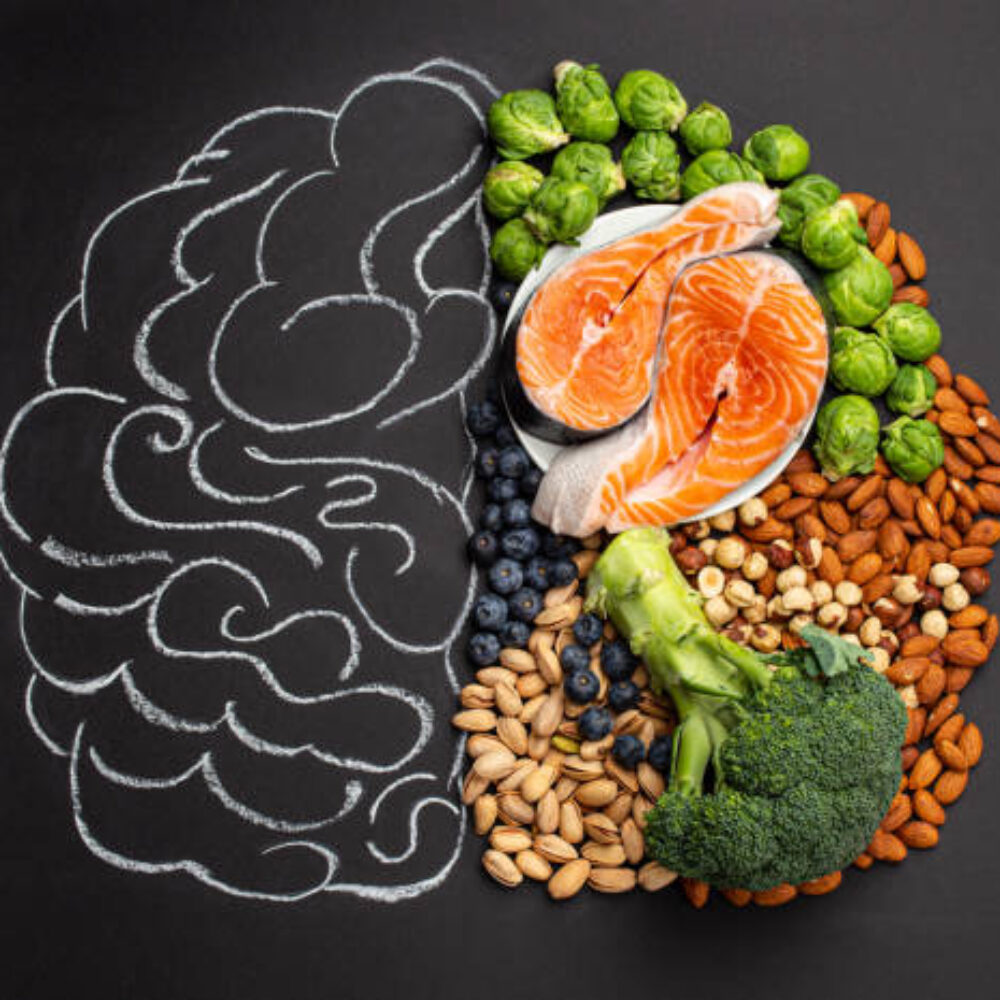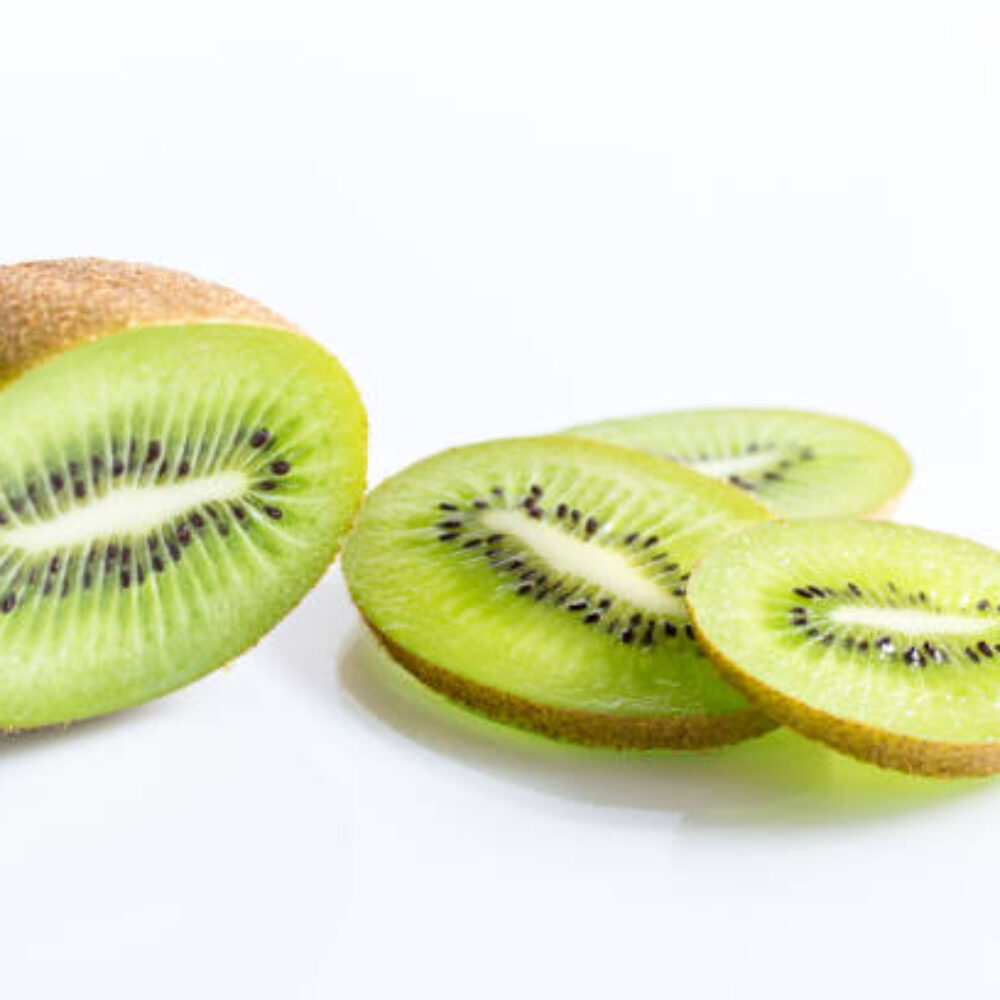Eating large amounts of ultra-processed foods is associated with overweight and poor health outcomes, including conditions such as heart disease, type 2 diabetes, irritable bowel syndrome, depression, asthma, and cancer. Our findings suggest that highly processed foods may also be less healthy for our gut microbes.

Ultra-processed food refers to food products that have undergone extensive processing and contain additives such as artificial flavors, colors, preservatives, and sweeteners. These foods are typically high in added sugars, unhealthy fats, and salt, and are often low in nutrients.
Demand for ultra-processed foods is currently increasing in developed countries as well as elsewhere in the world. At least 80 percent of the younger generation and the relatively poor population in the UK and the US heavily depend on such foods. The research has collected and analyzed data related to physical and mental health and eating habits of 9.9 million people across different age groups in these two countries.
Overall, fast food has been directly linked to 32 harmful effects on human health, including premature death, cancer, mental health issues, respiratory problems, cardiovascular diseases, gastrointestinal issues, and adverse health effects.

What are ultra-processed foods?
- Mass-produced packaged bread
- Sweet or spicy snacks
- Chocolate bars and sweets
- Soda and soft drinks
- Meatballs, poultry, and fish nuggets
- Instant noodles and soup
- Frozen and ready meals
- Foods made with added sugars, oils, and fats
Does processed food harm your gut health?
Eating a lot of ultra-processed food is linked to conditions like heart disease, type 2 diabetes, irritable bowel syndrome, depression, obesity, and cancer, along with other negative health outcomes. Our research suggests that ultra-processed foods may not be very good for our gut bacteria either.
Most highly processed foods have little to no beneficial fiber. They contain high amounts of saturated fats, trans fats, added sugar, salt, and food additives that can seriously affect both gut and physical health.
Dietary fiber in food can improve gut health by helping maintain regularity, reducing the risk of gut cancer, and promoting healthy gut bacteria. High-fiber foods like fruits, vegetables, lentils, citrus fruits, and nuts can help prevent the growth of bacteria associated with diseases and infections.
What should I eat instead of processed food to improve my gut health?
- Eat high-fiber foods. Legumes, fruits, vegetables, nuts and seeds, and whole grains are high-fiber foods.
- Psyllium husk can be consumed to improve gut health.
- Probiotic foods can be taken for gut health.
- Drink herbal tea.
- Practice eating boiled food without spices; these foods are easy to digest. Also can add some gut-healthy spices which are very beneficial for your gut.




Pingback: Foods That Help Ease Constipation - theguthealthstuff.com
Pingback: The Power of Spirulina: Boost Gut Health and Immunity with This Superfood - theguthealthstuff.com
Pingback: 8 Tips for Healthy Eating | Way to Eat Healthy
Pingback: Gastric Problems | Oil or Spices -which one is responsible for this?
Pingback: What is leaky gut ? - theguthealthstuff.com
Pingback: Foods to Eat Instead of Medicine to Get Rid of Gastric Problems - theguthealthstuff.com
Pingback: Irritable Bowel Syndrome[I.B.S.] - theguthealthstuff.com
Pingback: Ulcerative Colitis - theguthealthstuff.com